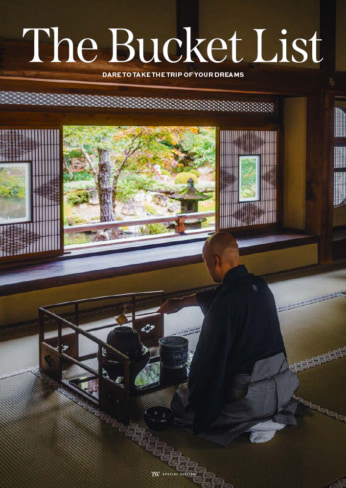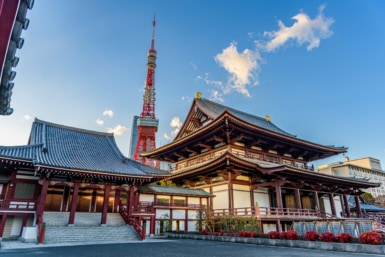The Russian police have raided several shrines and houses in Moscow and St. Petersburg believed to be linked to the cultist group Aum Shinrikyo. Forty-four people have been detained across the two cities and a number of others are under investigation.
It follows on from last week’s crackdown in Montenegro where 58 foreigners – including four from Japan – were expelled from the country due to their association with the religious organization. According to the BBC, the members gave statements to the police and had their phones and laptops taken for examination, but no arrests were made.
It was Chizuo Matsumoto (later known as Shoko Asahara) who founded the cult back in 1984. Originally a yoga and meditation group it seemed innocuous enough, but then in the late 80s things started to turn sinister with accusations of murder following the suspicious death of lawyer Tsutsumi Sakamoto along with his wife and their 14-month-old child.
In 1992 40 Aum members flew out to Zaire in an unsuccessful attempt to collect Ebola virus samples to use as a chemical weapon. They instead switched their focus to sarin gas which they used for the first time two years later at an apartment block in Matsumoto. Eight people died in the attack.
This was only the beginning, though. On March 20, 1995, five men used umbrellas to puncture bags filled with a liquid form of sarin on train lines that went through Tokyo’s political district. Thirteen people were killed and more than 5,500 were injured. The numbers would have been much higher had the sarin been pure. Cult leader Asahara was arrested two months later and eventually sentenced to death.
In 2001 a number of Russian Aum members planned to set off bombs near Tokyo’s Imperial Palace as part of an operation to free Asahara and help him escape to their country. The organization set up operations in the former Soviet Union in the early 90s and membership has steadily grown since. Despite the group being illegal in the country, it is reported there are more than 30,000 Russian followers. Forty-three of the nationals expelled from Montenegro came from Russia.
Former Aum spokesman Fumihiro Joyu initially led operations there and was in Moscow at the time of the 1995 sarin gas attack. In 2000 he established a new organization in Japan called “Aleph,” but then quit in 2007 to form another group known as “Hikari no Wa.” Weekender contacted him to get a comment about the recent activities in Europe, but was told, “I don’t have any information about what happened and don’t know anyone involved.”
Image: Shutterstock.com
Updated On April 27, 2018








